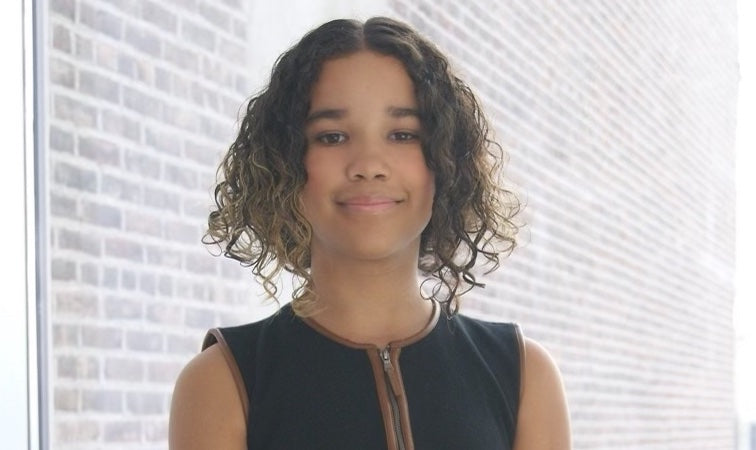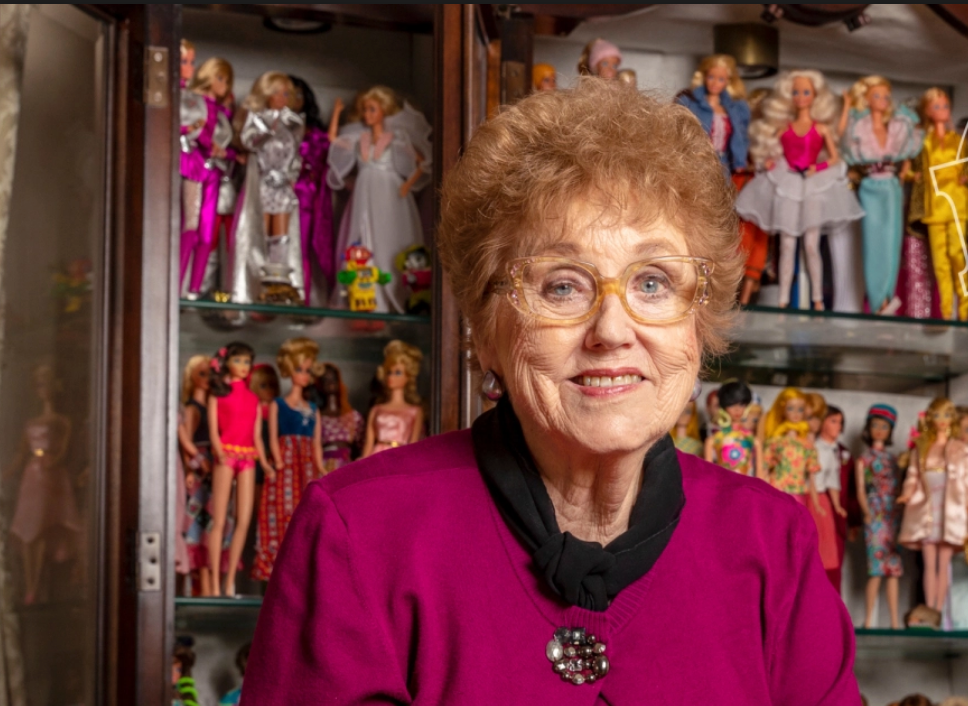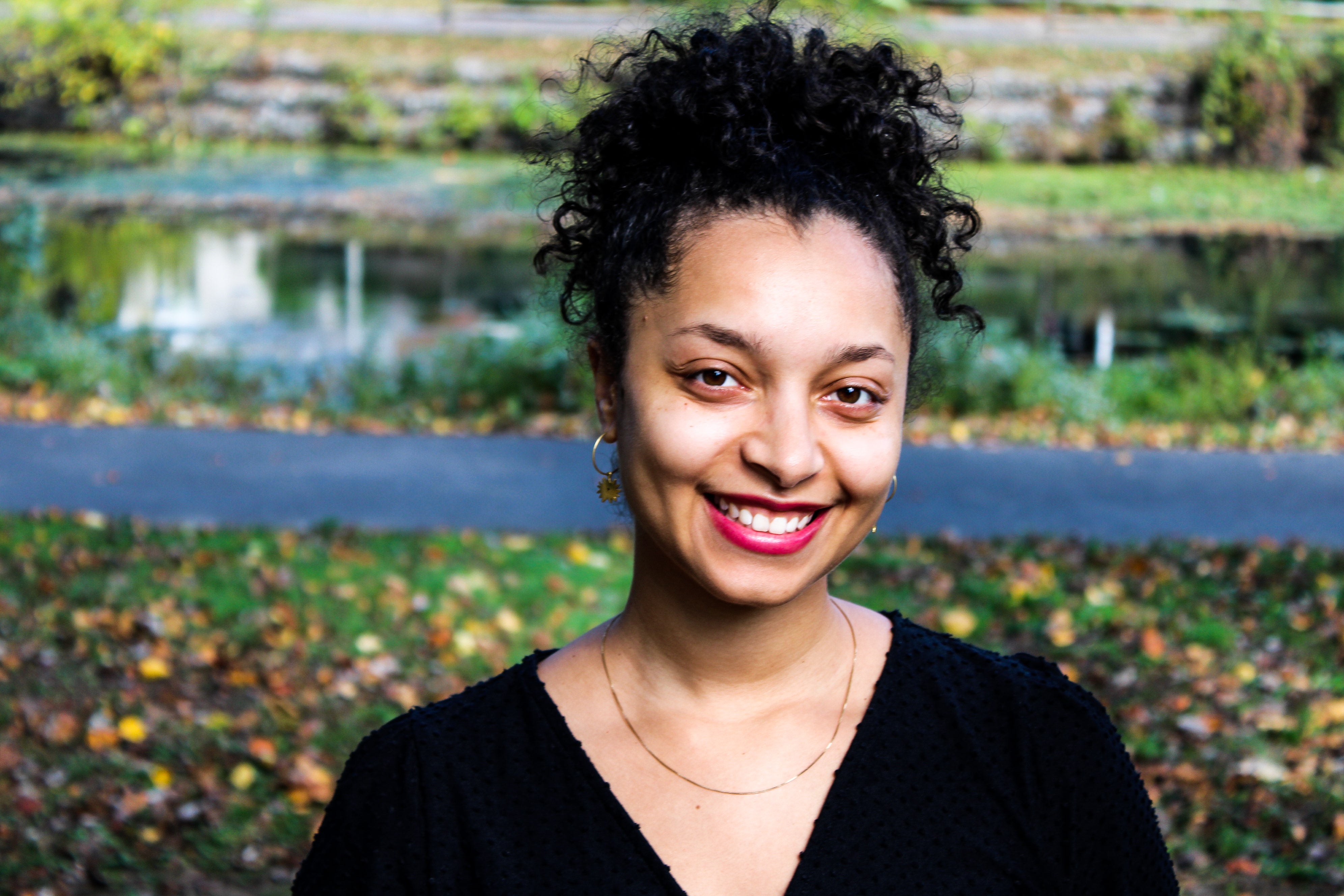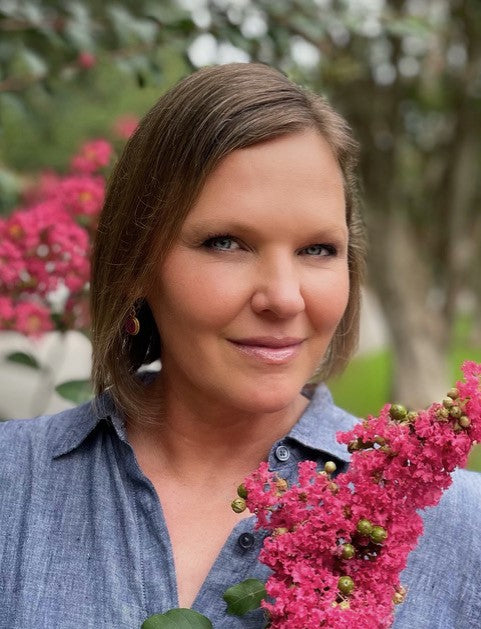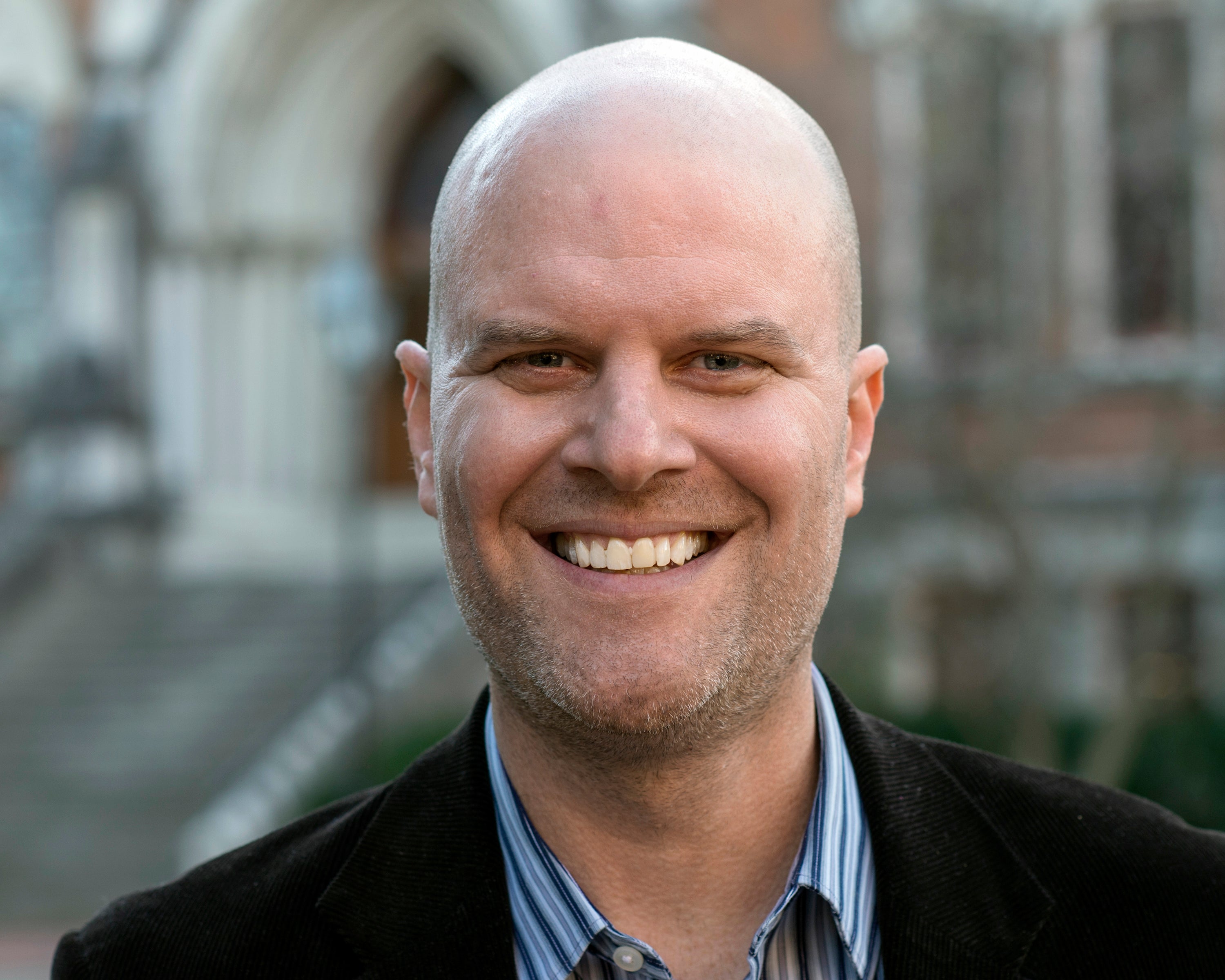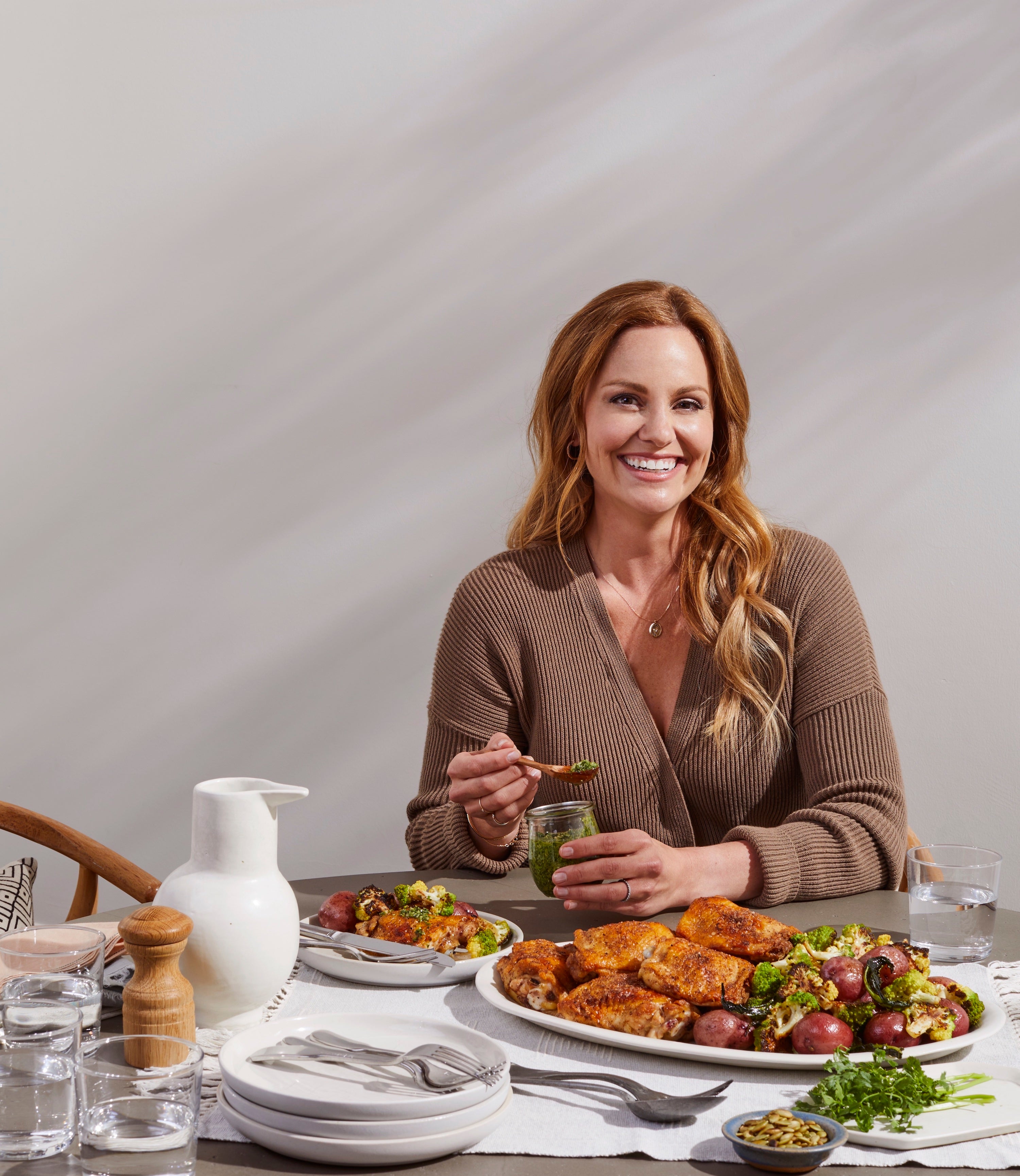
Photo Courtesy of Bill Perkins
Author: Bill Perkins
Author Bio:
"Called the "Last Cowboy" of hedge funds by the Wall Street Journal, Bill Perkins is considered one of the most successful energy traders in history. He's reported to have generated more than $1 billion for his previous firm during a five year period. After studying electrical engineering at the University of Iowa, Bill trained on Wall Street and later moved to Houston, TX where he made a fortune as an energy trader.
Now at age 52, Bill's professional life includes work as a hedge fund manager with more than $120 million in assets, Hollywood film producer, high stakes tournament poker player, and the resident "Indiana Jones" for several charities.
Bill manages this via smartphone on his yacht in the U.S. Virgin Islands, and while traveling the world with close friends and family."
1. Is there anything you learned about yourself while writing “Die with Zero”?
When writing the book and creating the exercises I realized I hadn’t done the exercises enough of myself and was severely on “autopilot”. I may have given myself a 7 before writing the book and after I realized I was a 3. Like the quote goes, “it’s not enough to know we must apply.”
2. Legendary businessman and philanthropist, John D. Rockefeller Sr. once said, “if your only goal is to become rich you will never achieve it.” Do you agree? If yes, why? If no, why not?
For me this is a statement about the concept of enough, purpose and what rich means. Getting rich is a means to an end to fulfill other purposes. Not knowing what those are will have you constantly trying to amass wealth to get rich with no end in sight, since without a goal/purpose you will never reach enough thus never be “rich.”
3. Back in the day, “Stoics” and “Epicureans” had two differentiating ways of living life. If you are familiar with these philosophies, do you see a balance between them or was one more right than the other?
I have a layman’s understanding and I believe it is a balance. Some of the most out of harmony with nature and irrational acts (Epicurean) have given me immense pleasure; jumping out of a perfectly good airplane for the thrill of it. Yet if I live outside the laws of nature and logic with my body every experience will be diminished thus my happiness (Stoic).
I firmly believe there is a balance to be sought by each individual. I believe when you are in some state of unhappiness it may be that these competing philosophies are out of balance for you.
4. In your book “Die with Zero”, you lay out a blueprint for living life to the fullest and actually spending your money. In your opinion, why do so many people live their lives without doing this?
Culture, fear and biological programming. Culture is what has been programmed into us by our current society and previous societies beliefs passed down, (think great depression), baked into that is their fears. Also, we have our fears of running out of money, fear of failure and fear of humiliation etc. Ironically, we don’t fear wasting our lives until it’s too late.
I also believe this is biological. Animals are programmed to survive not thrive, so it takes a significant amount of mental energy (prefrontal cortex) to overcome these barriers to living our lives to the fullest.
5. How risk neutral must you be to “Die with Zero”?
At first, I was going to say you have to be rather agnostic to risk and trust the process and be fearless, but in reality, you must be in an absolute obsessive panic about wasting a single moment of your life to hit the mark both as an under saver or over saver. Once you have modeled your life any deviation you know is a waste of your life. If you are obsessive about that you have a much better chance of dying with zero.
6. Who or what influenced you to share these vital financial tools in your book?
This book was originally a quest to make an app to model my life and then share with others, but the biggest impact I could have saving lives is to shift the thinking. There are so many variables to enter into a life model that eventually the processing power isn’t enough to run the algorithm, but the mental models are enough to make very significant impacts on people’s lives immediately.
My desire to save my own life and the lives of others motivated me to write years of thoughts into one cohesive book. I still have a simple model up on a website, but the mental model is the most powerful. Shifting the culture and the way people think about the totality of their life is my goal.
7. You’ve had a wonderful career full of prosperity. Looking back at your life, if you were 20 again, what are some experiences you would partake in, that in retrospect, you know would enrich your life in the long run?
My biggest young regret was the lack of travel and adventure. I often talk to people with rich experiences, friendships, and knowledge from all over the world because they were couch surfing or hostel surfing, and I was not. I missed out on a lot of learning. It’s quite impossible to measure how powerful that would have multiplied throughout my life and the opportunities I never saw because I didn’t do discovery during that time.
8. For those that aren’t currently wealthy, how can they still use your methodology to get the most out of life?
My methodology is wealth agnostic. This book is a modeling book. As a matter of fact, it is a CFRM (counterfactual regret minimization) model. This means you have the zero to minimum future regret when you ask the question what if. So, the principles apply all the way down to the smallest dollar amounts. When people go on a trip, they model the route using Google to not regret wasting time, they can add it stops and the trip is optimized.
On the trip to the grave, we are optimizing for life fulfillment, the book looks at the resources you have (money, health, time) and gives you a methodology on how to deploy those resources optimally throughout your life.
9. In your opinion, what does a well-lived life look like?
I can really only speak for myself, but a well-lived life is a life full of discovery, movement, and love. I firmly believe that movement is life, and the purpose of movement is to explore the world around you in the biological spacesuit you have been given at birth.
The more movement, discovery, learning the more you have a well-lived life. And of course, being designed as a social animal built for love, both giving and receiving, it is a MUST requirement for a well-lived life, both giving and receiving.
10. What are some ways business and poker are alike?
Poker and life are very similar in that they both require taking risk with future outcomes unknown and we can only think of future events in terms of the probability of them happening. The preferred way to “solve” limited information games to maximize for a result is CFRM algorithms. So, it’s no surprise that my book is basically an algorithm to solve for maximum life fulfillment using a life CFRM algorithm.
11. What has poker taught you about life?
Poker has taught me that nothing is guaranteed and to do the best you can to have no regrets irrespective of the results.
12. Overall, what do you hope readers get from this book?
I hope that people realize that life is finite, precious and they have the tools to get the most out of it given their resources.
13. What was your writing process like for this book?
Working with Marina Krakovsky was a process of organizing years of arguments, discussions, thoughts, discoveries and experiences into a cohesive book that everyone could get the big picture. It was a constant honing of these arguments into ways that most people would absorb and understand. It's not that the data or information is so unique, it’s can I present it in a way so that people “get it?” So, a chapter structure was devised then revised, some thrown out, some rewritten or explained in different ways, so the concepts had maximum absorption.
14. What’s the best advice you have ever received on happiness?
“No matter what the question the answer is love”
15. Do you plan on writing more books in the future?
I’ve thought about it, but I haven’t planned it. This book is a macro look at how to think about your life and how to optimize, but each chapter could have been its own book and I’m getting a lot of questions on each vertical so perhaps I’ll take one and provide a detailed sub optimization book. The issue is for each vertical there are 1000s of books. For example, if you’re under saving and off model there may be 10k books on how to save and reduce expenses and I would add little value. Health is the same etc.
The one area I’m lucky to be familiar with is wealth and rich people and I’m more convinced than ever they are doing life entirely wrong by orders of magnitude. For example, rich Houstonians almost died without power this past winter storm. A backup generator cost less than $5k and these aren’t people unaware of power outages as we go through hurricane outages on the regular but for some reason, they didn’t value their life commensurate with their wealth to buy a backup generator. That’s just one teeny tiny example of how they misvalue their time and life and the purpose of their wealth. Anyway, I’m thinking about it.
Places To Find More From This Author:
Instagram: @billperkins
Twitter: @bp22
Facebook: Die With Zero
Website: www.diewithzerobook.com
Get Your Copy of Die with Zero Today!


